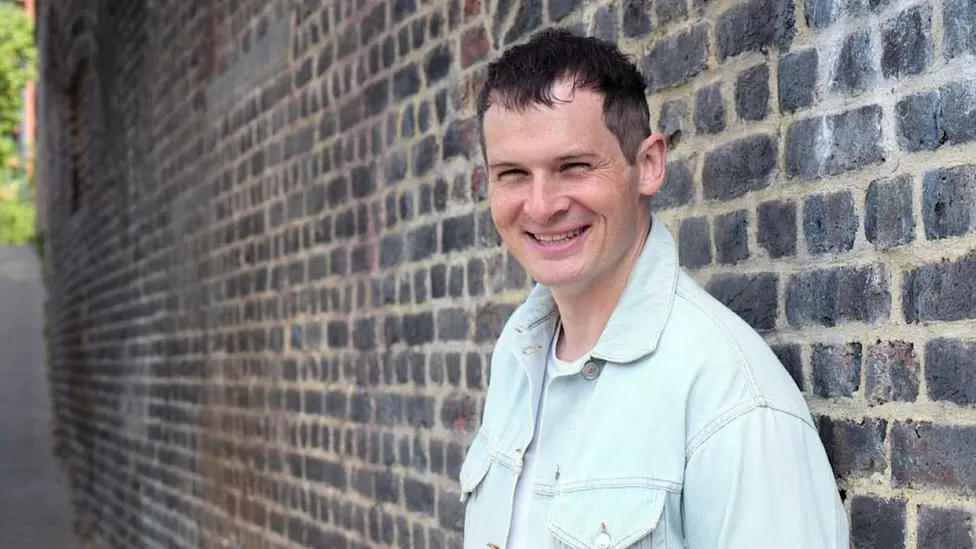AI: ‘Inevitable’ jobs will be more automated says new AI adviser

Keeping British jobs safe as artificial intelligence systems become more advanced will be a challenge, the new head of the government’s AI taskforce has said
It was “inevitable” that more jobs would be automated, according to Ian Hogarth.
There will be a need for everyone to rethink the way they work, he said.
In terms of where the jobs will be as a result of AI, there will be winners and losers worldwide.
The news this week focuses on artificial intelligence, how the technology affects our lives, and what future impacts it may have.
BT recently said it will lose around 10,000 staff by the end of the decade due to AI tools instead of humans. BT has already reported multiple job losses due to companies choosing to use AI tools instead of humans.
However, some think these developments will also bring many new jobs to the human race, just as the internet did in the 1990s.
Earlier this year, Goldman Sachs released a report stating that 60% of current jobs didn’t exist in 1940.
According to Mr Hogarth, a tech entrepreneur and AI investor, the new taskforce would help the government “better understand the risks associated with these frontier AI systems” and hold companies accountable.
The professor expressed concern that AI may cause harm – for example, wrongful arrests if used in law enforcement, or malicious computer code that increases cybercrime.
As well, he said expert warnings about AI’s potential to become an existential threat should not be dismissed, despite the differences of opinion within the community.
In addition, he was cautious not to miss out on the advantages of these technologies.
The use of AI in healthcare is particularly notable, as it helps identify new antibiotics, assists people suffering from brain damage in regaining movement, and can detect early signs of disease.
According to Mr Hogarth, he once developed a tool that could detect breast cancer signs in scans.
An initial £100 million has been allocated for the group he will lead to oversee AI safety research.
Despite not divulging how he intends to spend the money, he believes he will know if he is successful if “the average person in the UK starts to benefit from AI”.
